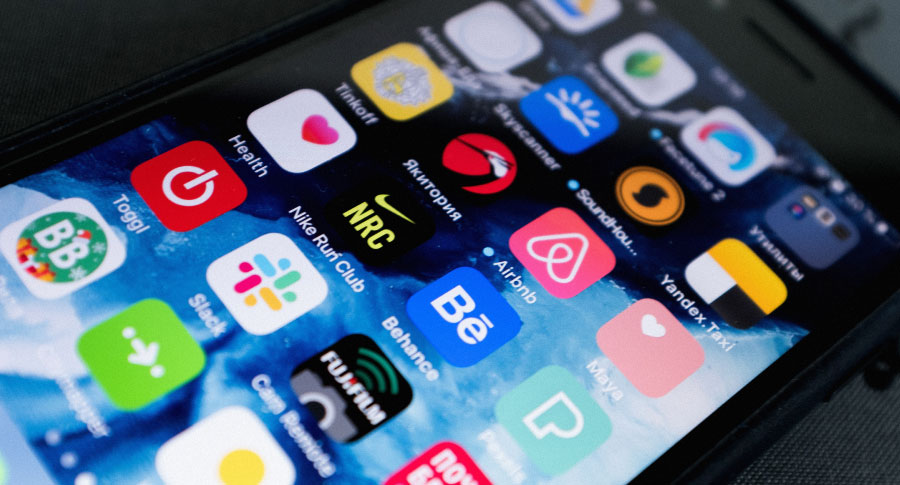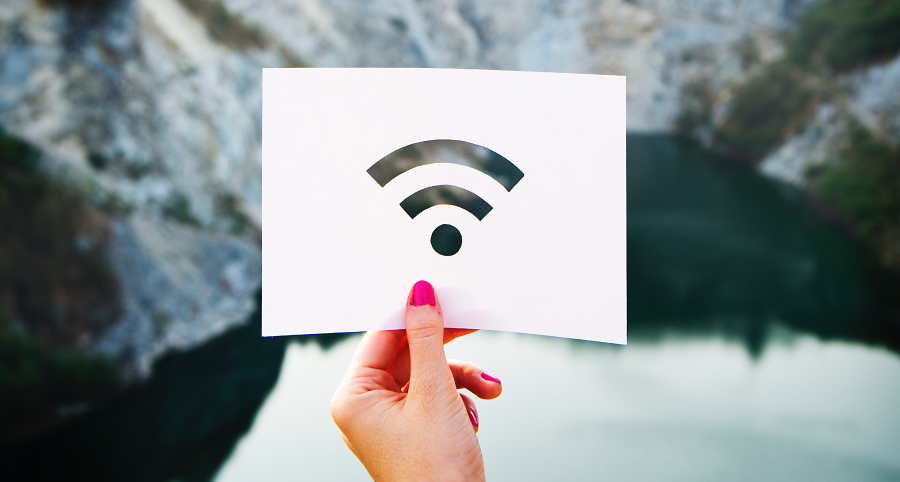From smart devices to store loyalty programs, nearly every transaction we complete and interaction we have can be tracked. To make things more complex, it’s not just the companies and organizations we interact with that track our data. Large brokers that collect and re-sell information stay busy gathering data on more than 500 million consumers around the globe.
Topics: internet, cybersecurity, consumer data, privacy
Guest Blog: Why Having The Right Phone Is Essential When Working From Home
Guest Blog by Jordan Fuller (byline at end of article)
In the modern world, work phones are a simple yet powerful tool for workers. Since we perform daily tasks on the move, having our own pocket computer only serves to make this lifestyle easier to maintain.
But, when coronavirus struck and lockdown measures were enforced, suddenly the workforce slowed its pace and wandered indoors.
As employees acclimatize to remote working, surprisingly to some, the need for a phone remains constant.
Topics: internet, smartphone, business, cellphone service, home
Guest Blog: Speeding Up Your Internet for Online Sports Lessons
Guest Blog by Jordan Fuller (byline at end of article)
For the most part, coaches and students have always regarded online learning as inferior, or a poor man’s version of actually getting the “real deal” when it comes to sports lessons. When providing lessons over an online platform, the intent is not necessarily to find a better way to learn. With the accessibility of online lessons, it gives an instructor the ability to reach more students. Online lessons also help an instructor potentially assist thousands of players looking to improve their game, whatever the sport may be.
Topics: internet, high speed, sports
3 Ways to Utilize Smartphone Apps While You’re at Home
The coronavirus pandemic has changed the daily routines and lives of many, as most states have enacted shelter-in-place orders or restrictions on in-person non-essential activities, including school and work. More people are now confined to their homes most of the time. There is also increasing collective anxiety over when things will return to “normal” and whether the spread of the virus will personally impact ourselves or someone we know. Spending more time at home has increased the need to rely on the Internet, smartphone apps, streaming, and online-based means of entertainment and information exchanges.
Topics: internet, smartphone, apps, home
How Technology Is Changing Gen X's Entertainment Viewing
Generation X witnessed one of the most progressive evolutions in home entertainment over the past few decades. Some of the milestones experienced by this generational cohort included the introduction of cable and satellite television, video game consoles, pay per view and on-demand television, and the rise of the Internet and streaming video services. While Generation X has seen some of the widest scopes of changes in technology and home entertainment, viewing live TV is still important to them.
Topics: Technology, internet, entertainment, Gen X
High-speed internet is no longer considered a luxury. Instead, it has become a standard and necessity that continues to evolve both in terms of capacity and capability. As the use and adoption of broadband internet increases, new developments have emerged, such as localized community broadband initiatives, faster technology, and plans for reinventing and expanding existing technology.
From Elon Musk’s plans to launch a global satellite-based internet network to rural communities building broadband networks, the evolution of high-speed internet is being driven by social needs.
Topics: Technology, internet, rural
The Hazards of Public Wi-Fi and 13 Ways to Avoid Them
Public Wi-Fi networks are everywhere, making it convenient to go online when you’re away from home or traveling. From coffee shops and fast food restaurants to hotels and schools, public Wi-Fi networks are prevalent and easily accessible. Even though they offer quick convenience, they can present multiple security and privacy concerns.
Four Reasons Why Fixed Wireless Internet Can Fill the Rural Broadband Gap
While the broadband gap between rural and urban communities is well-known, the actual scope of the problem may be larger than previously reported by the Federal Communications Commission (FCC). A new report conducted by the private sector reveals the FCC’s number of those without access to broadband internet could be 20 million shy of reality. States with a higher concentration of rural communities tend to receive less funding for broadband infrastructure since these communities also tend to be overlooked.
The devices people use to stream movies, television shows, and videos is shifting away from larger television screens to smaller smartphone displays. Consumer research groups estimate that consumers will watch up to half of all television and on-demand content on mobile devices by 2020.
Topics: Technology, data, internet, smartphone
Rural Seniors Don't Have to Avoid Wireless Technology
Senior citizen population percentages are beginning to increase in rural communities, according to studies by the U.S. Department of Housing and Urban Development. By comparison, the percentage of seniors living in rural areas surpasses the percentages in urban and suburban communities.
Rural seniors can face unique challenges that come from living independently in areas without the same resources as suburbs and major cities.
Topics: Technology, internet, smartphone, senior citizens










